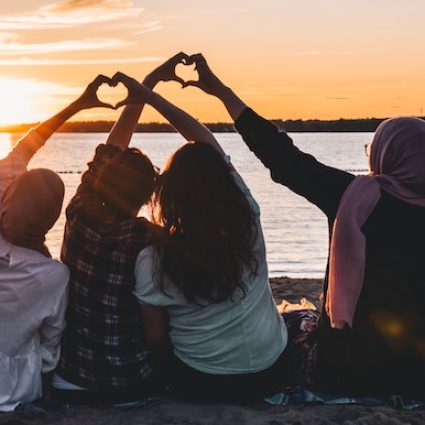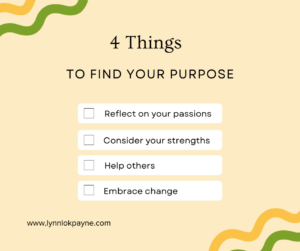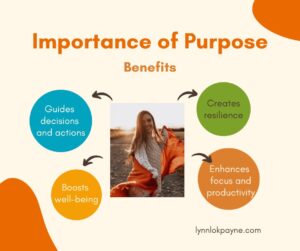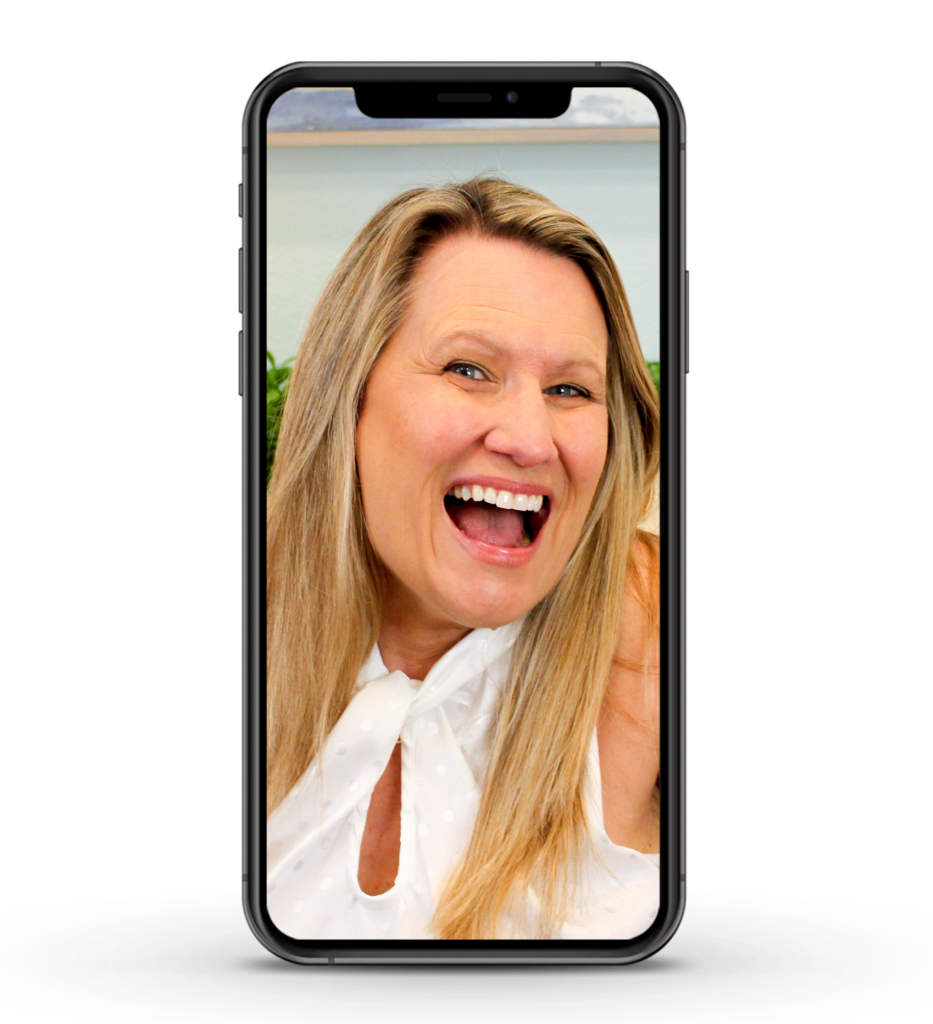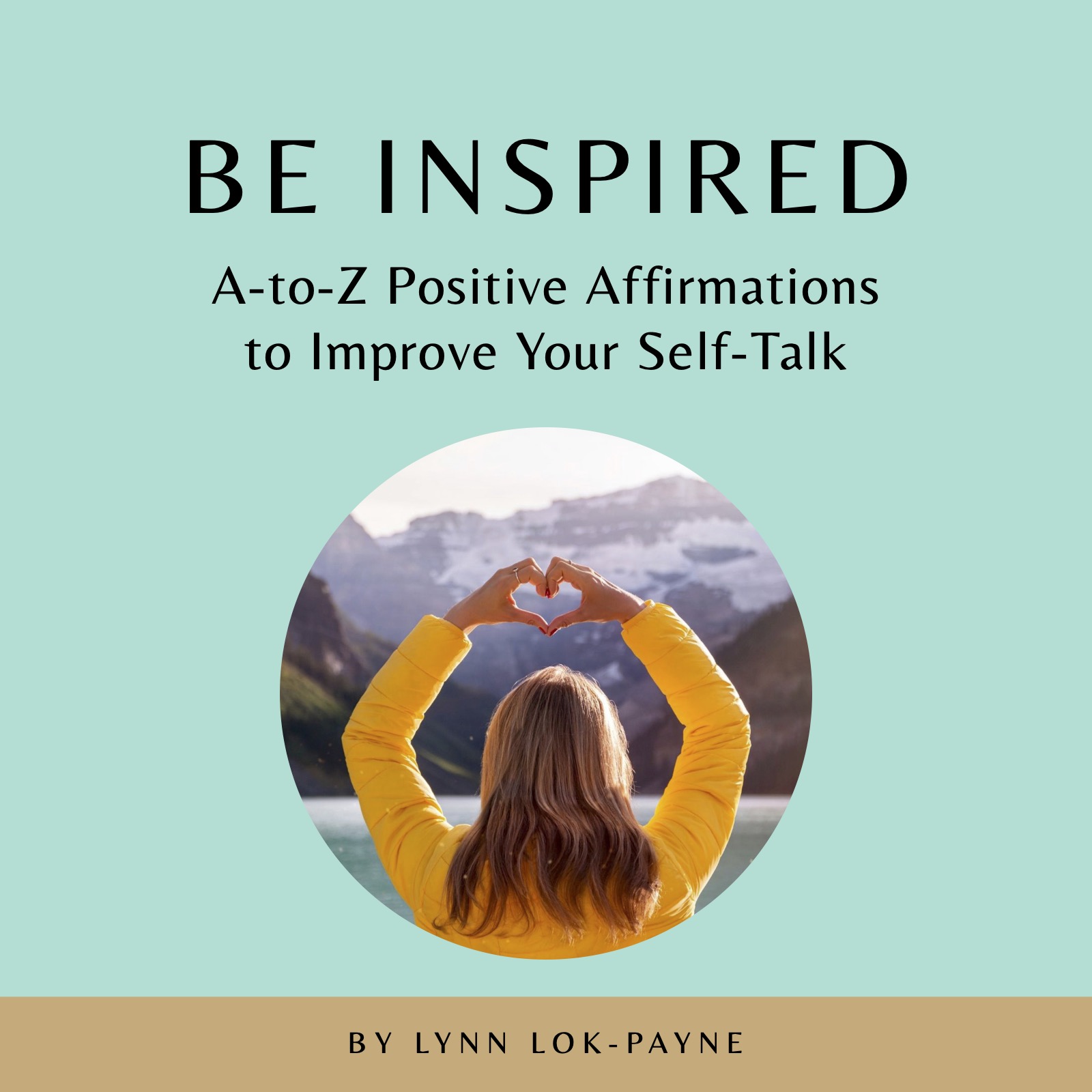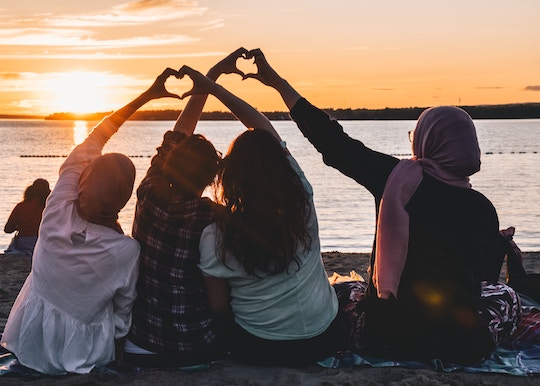
AFFIRMATION: I communicate kindness.
The desire to belong is a fundamental human need. We have an intense primal longing to connect to other living beings and be part of a group. This yearning for interpersonal relationships lives deep in our souls. When we lack this connection, we hunger for it. Love and the need to belong come third on Abraham Maslow’s Hierarchy of Needs, after the basic physical and safety requirements are met. Without this connection, we can become lonely, isolated, or depressed.
Most people cannot live happily without healthy relationships. I believe interacting with others is necessary to living a full life. Studies have shown people who have a good social network live longer and more joyful lives. PLOS Medicine reviewed 148 studies to find if social relationships influenced the risk of mortality. Their research indicated “a 50% increased likelihood of survival for participants with stronger social relationships.”¹
Relationships come in many forms—parents, children, partners, family, friends, neighbors, co-workers—each offering chances to connect, learn, and be part of something bigger than ourselves. These connections provide opportunities to examine various perspectives, expand our awareness, and increase our compassion. We may have various points of view based on personal experiences, but at the core, we have more in common than we think.
The truth of my experience is that we are all a lot more alike than we are different. — Anne Lamott, American author, essayist, inspirational speaker
Pet and Plant Relationships
Our relationships with animals and other living things are also important. When my friend’s dad lost his wife, he became bitter, sad, and lonely. He said several times the only thing keeping him alive were his dogs, because if he didn’t have them, there would be no reason to be here. It wasn’t his children or grandchildren—who are all self-sufficient—but his dogs, because taking care of them gave him a purpose. A 1976 experiment conducted by Ellen J. Langer and Judith Rodin on residents in a nursing home shines a light on this topic.² One group of residents was encouraged to make decisions and have more personal responsibility, like caring for a house plant. The second group received no decision-making instructions and was told the house plant would be tended to by the staff. The results were astonishing.
In Ellen J. Langer’s book, Counterclockwise: Mindful Health and the Power of Possibility, she shares the findings of the nursing home study, “A year and a half later, we found that members of the first group were more cheerful, active, and alert. Allowing for the fact that they were all elderly and quite frail at the start, we were pleased that they were also much healthier: we were surprised, however, that less than half as many of the more engaged group had died than had those in the control group.”³ A sense of purpose benefits our lives.
The above study demonstrates that not only does caring for something influence joy but it can also improve physical well-being. Bonds, whether with a person, a dog, or a plant, bring meaning and purpose into our lives and are significant to living healthier and longer. Without connection, we may feel our lives are pointless.
Connection
We are all expressions of and come from the same Source. Realizing this connection makes us kinder and more compassionate because we recognize our kinship to each other. Without it, we can feel separate, lonely, and worthless. We are all a part of one big family—the family of the living world.
A human being is a part of the whole called by us universe, a part limited in time and space. He experiences himself, his thoughts and feelings as something separated from the rest, a kind of optical delusion of his consciousness. This delusion is a kind of prison for us, restricting us to our personal desires and to affection for a few persons nearest to us. Our task must be to free ourselves from this prison by widening our circle of compassion to embrace all living creatures and the whole of nature in its beauty. — Albert Einstein, German theoretical physicist, Nobel Prize for Physics 1921
Each one of us is a thread interwoven with billions of other threads to form this tapestry called life. No one can disconnect from it, even though we may feel isolated at times. When we align with our spiritual self, we feel this alliance with others.
We are not human beings having a spiritual experience. We are spiritual beings having a human experience. — Pierre Teilhard de Chardin, French philosopher, Jesuit paleontologist
Relationships Have a Purpose
All relationships have a purpose in our lives and each one is here to help us learn. Not all connections are meant to last a lifetime. Most come and go, and this may be best because if some didn’t end, we might not have time for new ones.
Many
The poem “Reason, Season, or Lifetime” illustrates why people enter and exit our lives. Many people walk into our lives for a specific reason. They appear for a short time to help or offer clarity on a subject. And when they finish their purpose, the relationship ends. Relationships cease for many reasons, such as people no longer have the same beliefs, they grow apart, conflicts, or they have served their purpose. Most fall into the reason group. People are not static—new life events can lead to different interests. The poem states, “When someone is in your life for a reason, it is usually to meet a need you have expressed. They have come to assist you through a difficulty; to provide you with guidance and support; to aid you physically, emotionally or spiritually. They may seem like a godsend, and they are.”
Some
Others come into our lives for a season to help us learn and evolve. These people aid in our development, and we, in turn, assist them. After they complete their purpose, they move on. Fewer people are in this group and they may come for a season or several years until they have fulfilled their purpose. The poem points out, “Some people come into your life for a season, because your turn has come to share, grow, or learn.”
Few
The smallest group stays with us for many years or a lifetime. These relationships can be our greatest teachers. Family and close friends are part of this group. Their teachings may be the most challenging, but offer great lessons for growth. The final section in the poem reveals, “Lifetime relationships teach you lifetime lessons; things you must build upon in order to have a solid emotional foundation. Your job is to accept the lesson, love the person, and put what you have learned to use in all other relationships and areas of your life.”
Life is Meant To Be Shared
We are not meant to travel this earthly journey alone or live in isolation—life is meant to be shared. Our quest should be a collective, communal experience. It is through connections with other living things that we learn to love and evolve. Love backwards in the word evolve, so maybe we cannot advance without loving relationships, including the one we have with ourselves. Relationships make a life extraordinary. And these bonds can bring us some of our greatest joys. Go out and find your tribe!
Connect. Love. Repeat.
Photo by Noorulabdeen Ahmad on Unsplash
- Julianne Holt-Lunstad, Timothy B. Smith, J. Bradley Layton, “Social Relationships and Mortality Risk: A Meta-analytic Review,” Plos Medicine, July 27, 2010, https://journals.plos.org/plosmedicine/article?id=10.1371/ journal.pmed.1000316.
2. Ellen J. Langer and Judith Rodin, “The Effects Of Choice And Enhanced Personal Responsibility For The Aged: A Field Experiment in and Insti- tutional Setting,” Journal of Personality and Social Psychology 1976, Vol. 34, No. 2, 191-198, Accessed April 16, 2020, https://sites.duke.edu/niou/ files/2012/04/Langer-Field-Experiment.pdf.
3. Ellen Langer, “Counter Clockwise: Mindful Health And The Power Of Possibility,” Accessed April 16, 2020, http://www.ellenlanger.com/informa- tion/9/read-chapter-one-of-counterclockwise.

